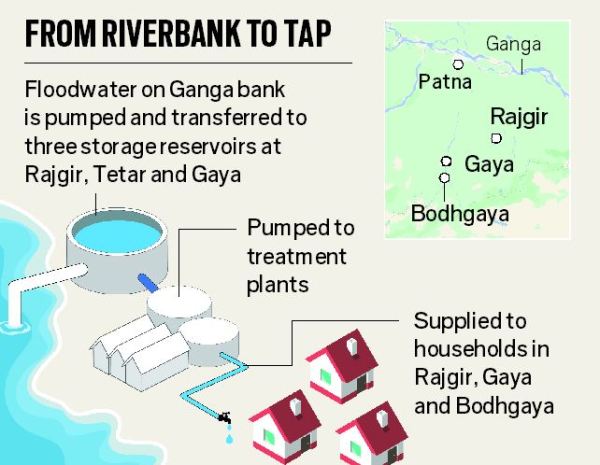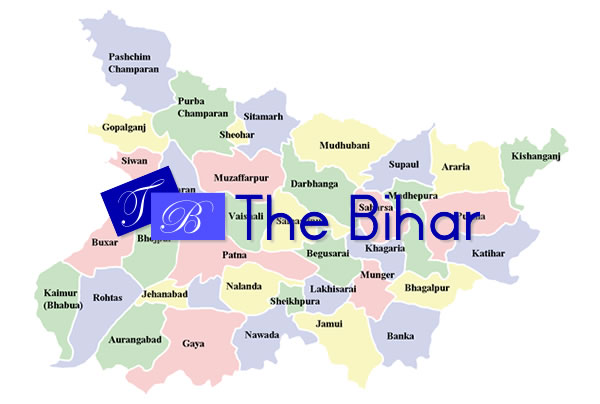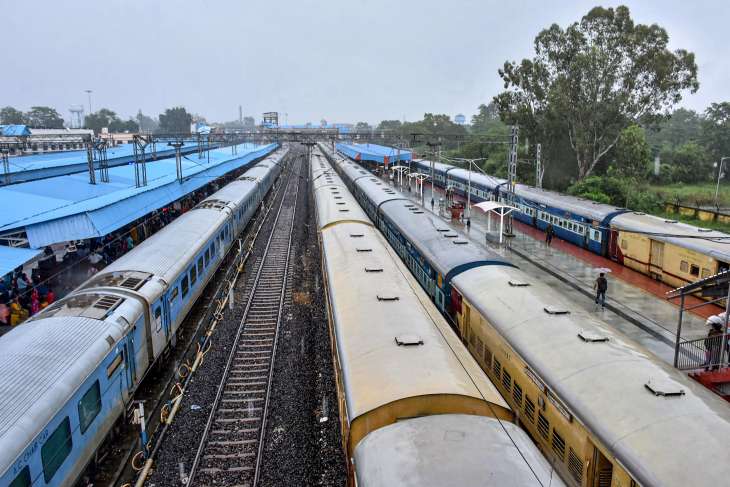Bihar to bring Ganga to parched towns — by tapping its flood water
2 min readHouseholds in Bihar’s parched tourist sites of Rajgir, Gaya and Bodhgaya, long dependent on tankers, will soon get piped drinking water, with the state government tapping into an unlikely source — the Ganga’s flood water.
This is the first phase of the state’s ambitious “Har Ghar Gangajal” project, which will be launched by Chief Minister Nitish Kumar on November 27 (in Rajgir) and November 28 (in Gaya and Bodhgaya).
Bihar Water Resources Minister Sanjay Kumar Jha told The Indian Express: “It is not about taking the Ganga’s water to the parched Rajgir, Gaya and Bodhgaya towns, it is more about converting flood water into drinking water. With Ganga having a lot of silt, areas on its banks see water deposits.”
These deposits, said the minister, often delay cultivation and damage households. “With this project, we will be able to divert a substantial chunk of this flood water for drinking.”
The estimated cost of the first phase is around Rs 4,000 crore. The second phase of the project, taking the Ganga water to Nawada, is underway and will likely be completed some time next year.
A Hyderabad-based company, Meghna Engineering & Infrastructures Ltd (MEIL), has been engaged to implement the project. It will “lift, store, treat and supply” the water.
An MEIL executive said an intake pump house has been built at Hathidah near Patna to draw out the Ganga flood water via pumps and transfer it to three storage reservoirs through a network of pipelines
These three storage reservoirs are located at Rajgir (with a live capacity of 9.915 million cubic metres), Tetar (18.633 M.Cu.M), and Gaya (0.938 M.Cu.M).
Water will be pumped from these reservoirs to three water treatment plants: Rajgir (capacity of 24 million litres/day), Manpur, and Gaya (186.5 MLD).
The MEIL executive said: “A pipeline network with a length of 151 km was laid with different diameters. One railway overbridge and four bridges are also part of the project.”

About seven lakh households from the three tourist sites — which have a much lower water table compared to neighbouring areas — will get drinking water through taps.
The Water Resources Minister said that these places would often struggle for potable water during summers, having to depend on tankers. “We can now fully take care of drinking water supply round the year with the Har Ghar Gangajal project, which is part of our ambitious Jal, Jeevan Hariyali scheme,” he said.
The Bihar Chief Minister has in the past, flagged how the Farakka Barrage had led to silting and the resultant flooding of the Ganga. He had convened a special cabinet meeting in December 2019 to approve the Har Ghar Gangajal project.
“We are doing our bit to address the twin problems of floods and drinking water shortage in areas with a lower water table by using water lift technology,” said the minister.
Courtesy: The Indian Express


